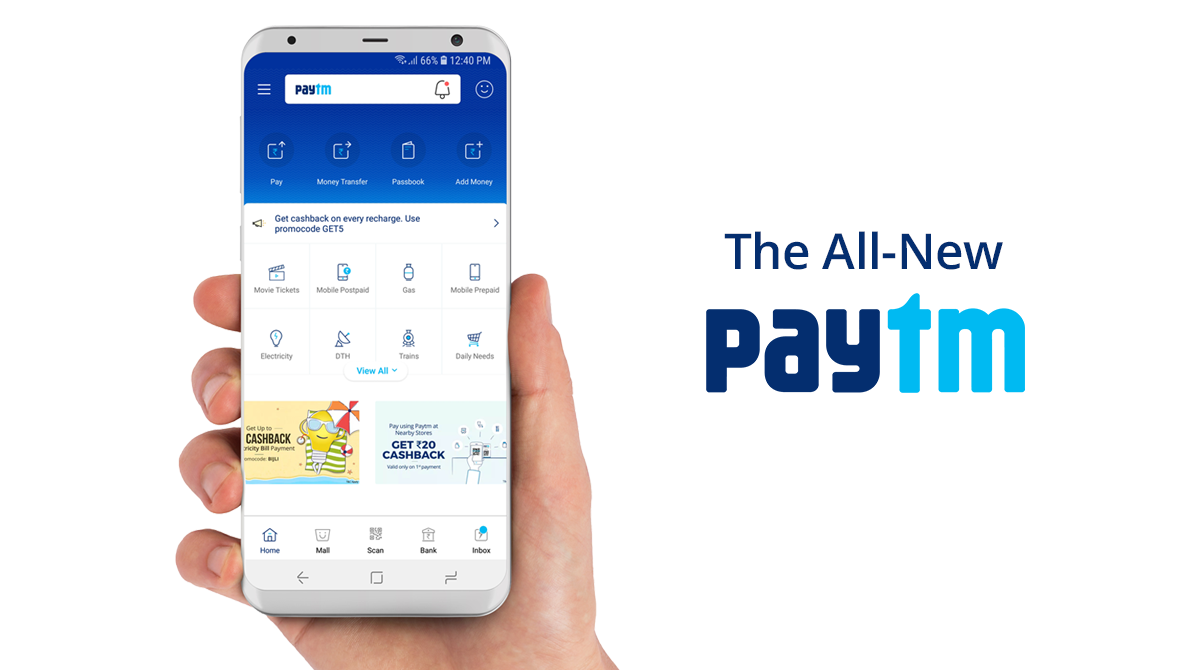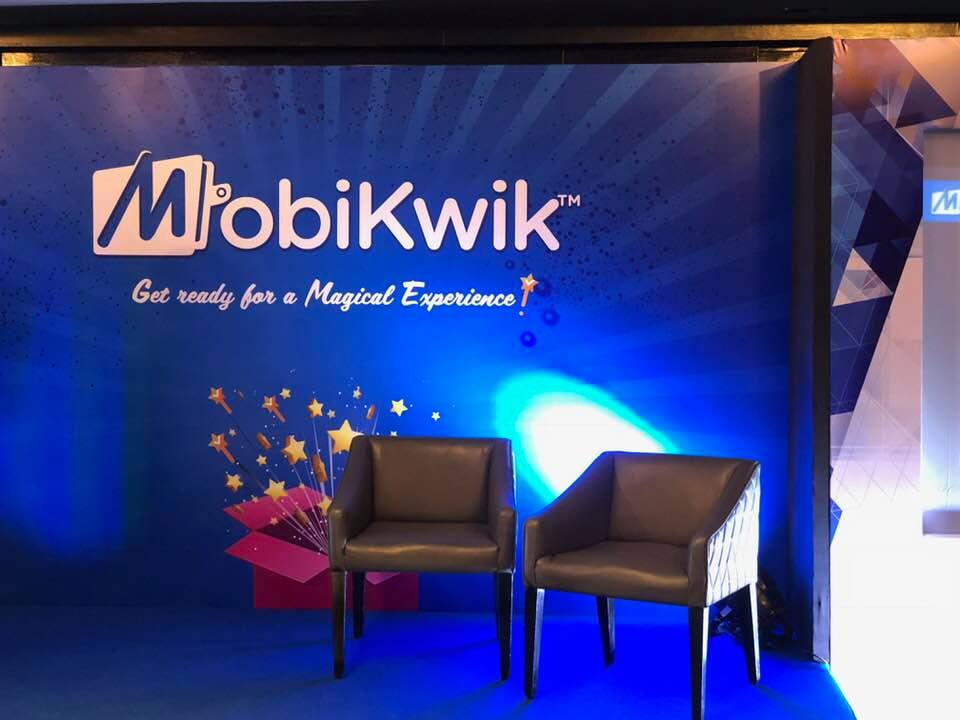RBI Removes Key Hurdle in Use of E-Wallets, Makes Money Transfer Easy!
The Indian mobile wallet market has been increasingly growing. Indian consumers are moving away from using cash and relying on the mobile wallets and other digital payment options.

Imagine leaving home in a rush. You realise a few minutes after being seated in a cab that your wallet and money have been left behind at home. One of the biggest advantages of demonetisation was perhaps the surge in the usage of e-wallets.
What saves the day for you is the mobile wallet. From the scores available, if you use one and your cabbie uses another, you would have been unable to make the payment.

The RBI has now removed this roadblock, thus making it simpler for consumers to transfer money easily from one e-wallet to another.
The Indian mobile wallet market has been increasingly growing. Indian consumers are moving away from using cash and relying on the mobile wallets and other digital payment options.
What is an e-wallet?
E-wallet is a type of electronic card, which is used for online transactions. Its utility is same as a credit or a debit card and needs to be linked with the individual’s bank account.
According to GlobalData, a leading data and analytics company, India is one of the top global markets regarding mobile wallet adoption with 55.4% survey respondents indicating that they have a mobile wallet and use it.
In a move that will most certainly boost mobile wallet users in India, the RBI has issued the final guidelines for interoperability among different kinds of prepaid instruments, including e-wallets, meal vouchers and gift vouchers.
What does this mean?
Interoperability allows Prepaid Payment Instrument issuers, system providers and system participants in different systems to undertake, clear and settle transactions across systems without participating in multiple systems.
In simpler terms, as a consumer, you can now transfer money without a problem from one e-wallet to another. A Paytm user can now transfer money to a MobiKwik user.

According to a report published in BusinessLine, Bipin Preet Singh, founder and Chief Executive Officer, MobiKwik, said, “The guidelines give a huge credibility to wallets — that wallets are now equal participants in the payment ecosystem in India.”
In another report in Business Today, Navin Surya, Chairman, Fintech Convergence Council, welcomed the RBI guidelines on the matter. He said, “This is (a) very progressive move for non-bank players and huge foundations to reach under-banked and unbanked with equally powerful payment product in (the) league of debit/credit cards.”
While this does seem like a positive step towards ensuring a seamless experience for the consumers, one has to wait and watch if any issues crop up along the way. For now, it’s a win-win situation for the consumers.
(Edited by Shruti Singhal)
Like this story? Or have something to share?
Write to us: [email protected]
Connect with us on Facebook and Twitter.
If you found our stories insightful, informative, or even just enjoyable, we invite you to consider making a voluntary payment to support the work we do at The Better India. Your contribution helps us continue producing quality content that educates, inspires, and drives positive change.
Choose one of the payment options below for your contribution-
By paying for the stories you value, you directly contribute to sustaining our efforts focused on making a difference in the world. Together, let’s ensure that impactful stories continue to be told and shared, enriching lives and communities alike.
Thank you for your support. Here are some frequently asked questions you might find helpful to know why you are contributing?


This story made me
-
97
-
121
-
89
-
167











